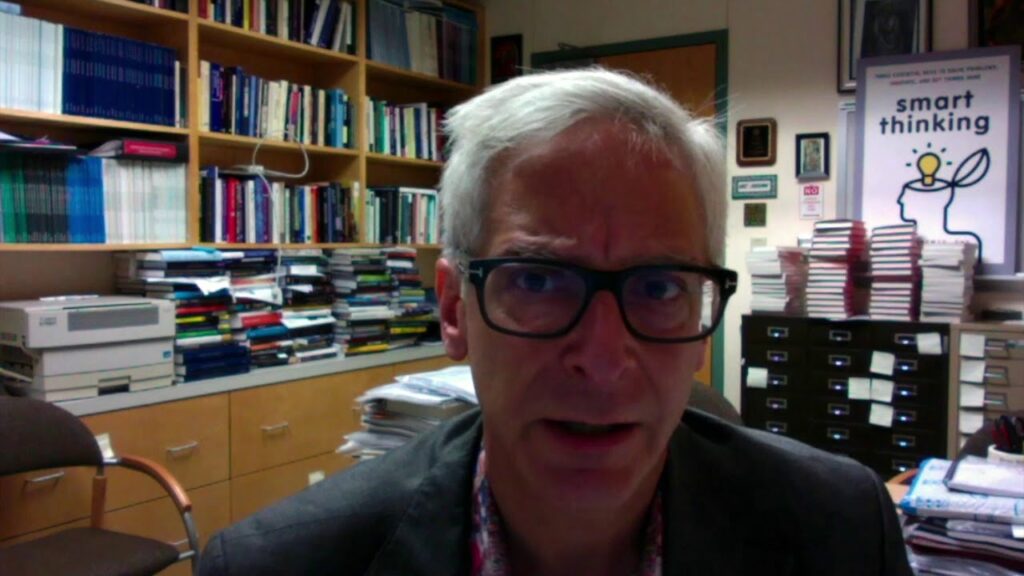Hiren Kumar BOSE engages Dr Art Markman, PhD, behavioural scientist and author of Smart Thinking, an e-mail tête-à-tête on what it takes to be a smart thinker.
HKB: You write that ‘Smart Thinking’ is not an attribute but a skill to be mastered. How does one do it?
AM: The key aspect of being smart is to use the knowledge you have when you need it. The idea is to develop ‘Smart Habits’ to acquire HQK [High Quality Knowledge], and to learn to use that knowledge when you need it. Let me tell you a few things about each of these elements.
Habits drive most of our lives. Whenever we do the same thing over and over, the brain develops routines to allow us to perform these behaviours again and again without thinking about them. Habits are wonderful things to have. And, we need to focus on developing new habits that will allow us to be smarter.
HQK is the kind of knowledge that allows us to understand the way the world works. This knowledge is called ‘causal knowledge.’ The more we understand the way the world works, the better equipped we are to solving new problems. Once you have that knowledge, you would be able to retrieve it from your memory to use it when you need it. Sometimes, that is easy, because the problem you are trying to solve comes from the same area that you have learned about in the past. Doctors use their medical knowledge to solve problems. But, at other times, it doesn’t seem like we know anything that will help us to solve a problem. In such times, we need to find analogies between the new problem and knowledge from a different area of our expertise to help us solve the problem.
HKB: How does one develop habits to create HQK and harness it when required?
AM: One of the barriers to having HQK is that we think we understand more about the way the world works than we really do. In order to improve the quality of our knowledge, we have to develop the habit to explain things to ourselves as we learn them. Often, we just listen to what people say to us. It is important to give these self-explanations in order to make sure that we really understand the way the world works.
HKB: You say that our mind is designed to think as little as possible. Why is this so?
AM: The mind is a habit creation machine. You want to avoid having to think about the behaviours you perform as a routine. By compiling these routines into habits, it frees up our mind to think about new things that help us solve new problems.
HKB: You stress on replacing a bad habit with a good one which you address as ‘new memories.’ And, that if one doesn’t do so, they will continue to retrieve old memories. How does one go about doing this?
AM: It is important to realise that habits are embedded in your memory. And, retrieval from memory happens automatically without effort. So, you will continue to pull the habit out of memory whenever you are in the environment in which you should perform that habit. As a result, the only way to change a habit is to replace one behaviour with another — this allows you to create new memories that support a new habit.
HKB: You mention that our mind may limit what we can remember about past events. What are these limits?
AM: Generally speaking, you will remember three things about any new situation [the ‘Role of 3’]. The way to maximise what you learn then is to find connections with the new information you are learning and to review what you have learned whenever you leave a meeting, finish reading an article, or exit a lecture. This review allows you to exert control over what you remember. The things we remember can be expanded by finding connections among the pieces of knowledge. So, over the course of our lives, we need to find more and more ways to connect pieces of knowledge so that the chunks of knowledge we have get larger.
HKB: Companies often reward those who contribute directly to quarterly profits than those who make everyone around them more effective. How can companies be made to understand that this is contrary to the ‘Culture of Smart’?
AM: Companies have to realise that long-term profits depend on having a workforce that is made up of agile thinkers. Hence, a company has to promote an attitude that Smart Thinking is important. To do that, they have to create what I call a ‘Culture of Smart’ that gives people time to learn new behaviours and develop strategies to use their knowledge when they need it. A great example of a Culture of Smart is Procter & Gamble. They give their employees an opportunity to take some days off their jobs to learn new things and hone their skills. This long-term investment in their employees’ knowledge pays off in more innovative thinking.

